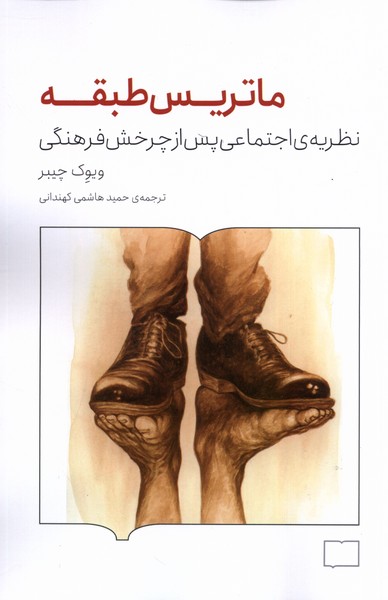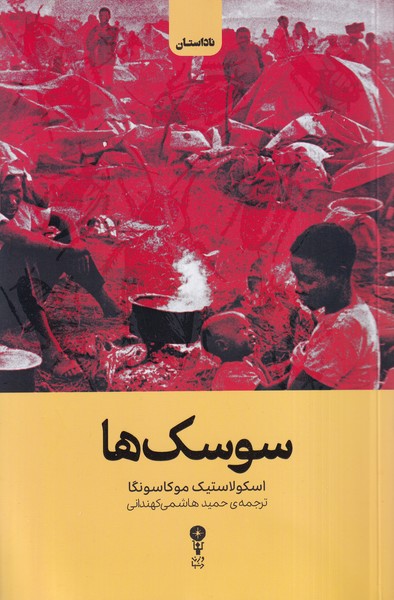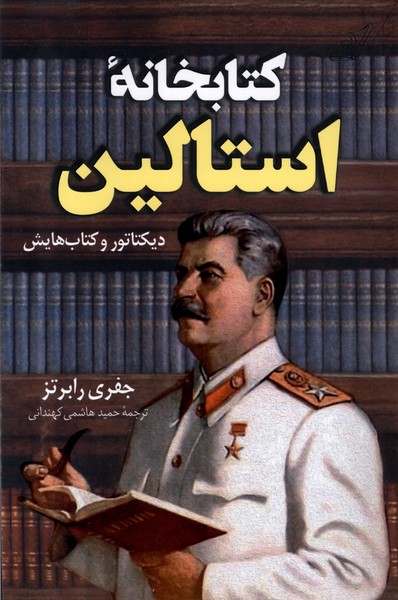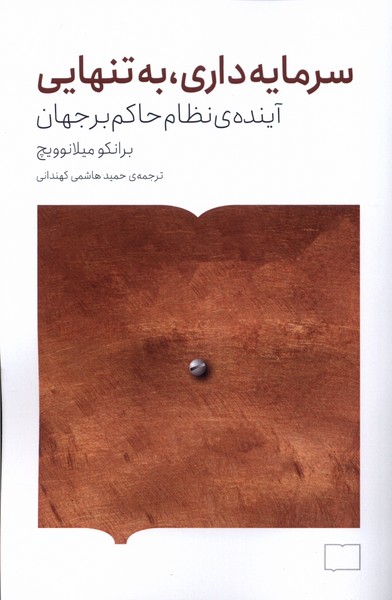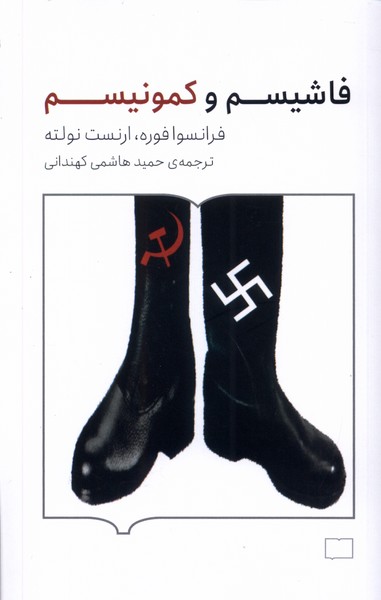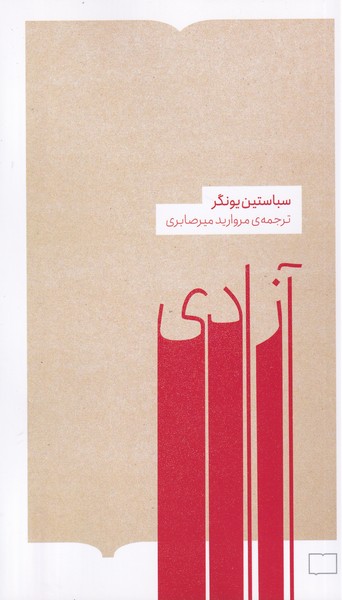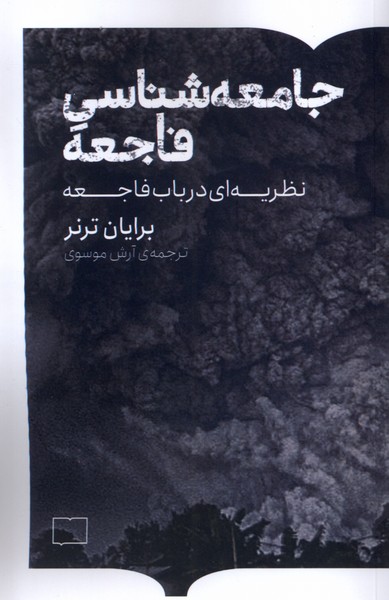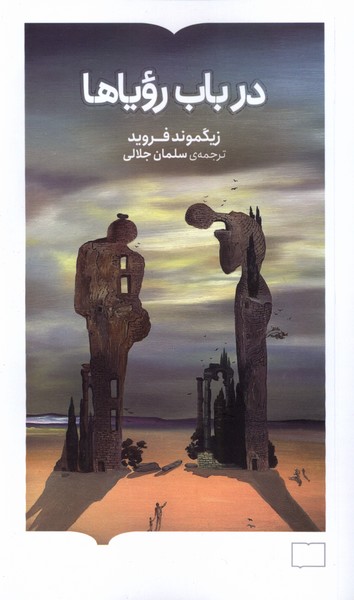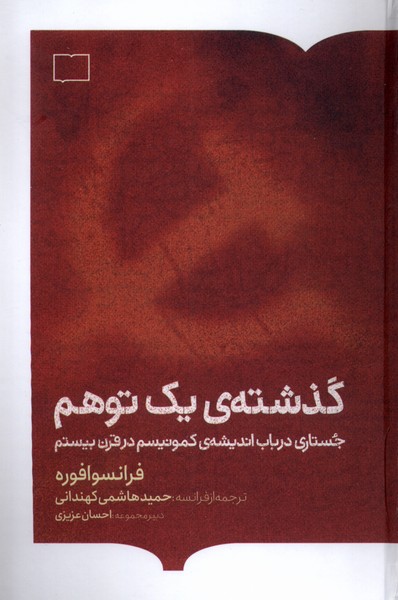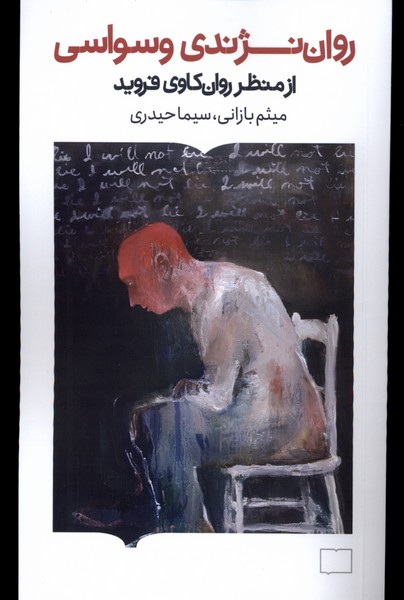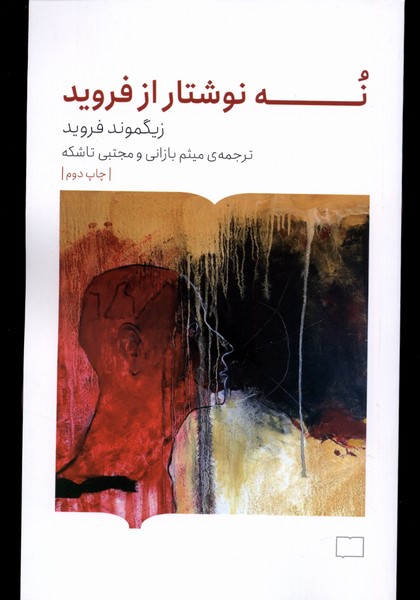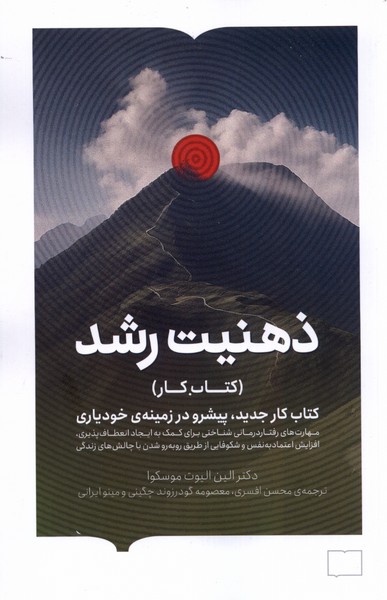Mātrīs-i Ṭabaqah: Persiska (Farsi) 1402
ماتریس طبقه
200 SEK
Dela
Wishlist
Originaltitel:
The Class Matrix: Social Theory after the Cultural Turn
ISBN:
9786229397008
Översättare:
hamīd Hāshimī Kuhandānī
Förlag:
Kitābistān-i Bar'khat
Åldersgrupp:
Vuxen
Sidor:
218
Vikt:
216 g
Produktmått:
14 x 21 x 2 cm
Bokomslag:
Pocketbok
An influential sociologist revives materialist explanations of class while accommodating the best of rival cultural theories.
Following the collapse of the Soviet Union, analysis of class and other basic structures of capitalism was sidelined by theorists who argued that social and economic life is reducible to culture―that our choices reflect interpretations of the world around us rather than the limitations imposed by basic material facts. Today, capitalism is back on the agenda, as gross inequalities in wealth and power have pushed scholars to reopen materialist lines of inquiry. But it would be a mistake to pretend that the cultural turn never happened. Vivek Chibber instead engages cultural theory seriously, proposing a fusion of materialism and the most useful insights of its rival.
Chibber shows that it is possible to accommodate the main arguments from the cultural turn within a robust materialist framework: one can agree that the making of meaning plays an important role in social agency, while still recognizing the fundamental power of class structure and class formation. Chibber vindicates classical materialism by demonstrating that it in fact accounts for phenomena cultural theorists thought it was powerless to explain. But he also shows that aspects of class are indeed centrally affected by cultural factors.
The Class Matrix does not seek to displace culture from the analysis of modern capitalism. Rather, in prose of exemplary clarity, Chibber gives culture its due alongside what Marx called “the dull compulsion of economic relations.”
more
ویوک چیبر جامعهشناس آمریکایی، استاد دانشگاه نیویورک و نظریهپرداز در زمینههای توسعه، نظریهی اجتماعی و اقتصادسیاسی است. «ماتریس طبقه» جدیدترین اثر چیبر است که تبیینهای ماتریالیستی طبقه را احیا میکند و درعینحال بهترین نظریهی فرهنگی رقیب را در نظر میگیرد.
پس از فروپاشی اتحاد جماهیر شوروی، تحلیل طبقاتی و دیگر ساختارهای بنیادین سرمایهداری توسط نظریهپردازانی که استدلال میکردند زندگی اجتماعی و اقتصادی به فرهنگ قابل تقلیل است، کنار گذاشته شد. تحلیلی که در آن انتخابهای ما به جای محدودیتهای تحمیلشدهی بیرونی و جبرگرایی اقتصادی، منعکسکننده تفاسیر ما از جهان اطراف هستند. احیای مجدد سرمایهداری در چند دههی اخیر نابرابریهای فاحش در ثروت و قدرت، دانشمندان علوماجتماعی را به بازگشایی خطوط ماتریالیستی سوق داده است. اما اشتباه است اگر وانمود کنیم چرخش فرهنگی هرگز اتفاق نیفتاده است. ویوک چیبر در عوض نظریه فرهنگی را بهطور جدی درگیر میکند و تلفیقی از ماتریالیسم و مفیدترین بینشهای رقیب را پیشنهاد میکند.چیبر نشان میدهد که میتوان استدلالهای اصلی را از چرخش فرهنگی در یک چارچوب ماتریالیستی قوی تطبیق داد: میتوان توافق کرد که ساخت معنا نقش مهمی در عاملیت اجتماعی ایفا میکند، درحالیکه هنوز قدرت بنیادی ساختار طبقاتی و تشکیل طبقات را به رسمیت میشناسد. بهزعم چیبر ماتریالیسم کلاسیک در واقع پدیدههایی را توجیه میکند که نظریهپردازان فرهنگی تصور میکردند در توضیح آن ناتواناند؛ او نشان میدهد «طبقه» از جنبههای مختلف در واقع بهطور مرکزی تحت تأثیر عوامل فرهنگی قرار دارند.ماتریس طبقه بهدنبال ساماندهی فرهنگ در تحلیل سرمایهداری مدرن نیست، بلکه نویسنده با نثری بهوضوح مثال زدنی، فرهنگ را در کنار آنچه مارکس «جبر دستوپاگیر روابط اقتصادی» میخواند، قرار میدهد.
more

